Digital Humanities Summer Fellowships
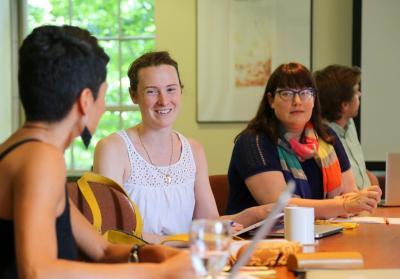
The Simpson Center offers annual summer fellowships for faculty and graduate students to pursue research projects that use digital technologies in innovative and intensive ways and/or explore the historical, social, aesthetic, and cross-cultural implications of digital cultures. The program has three primary goals:
- To animate knowledge—using rich media, dynamic databases, and visualization tools
- To circulate knowledge—among diverse publics
- To understand digital culture—historically, theoretically, aesthetically, and generatively
The Simpson Center gratefully acknowledges the support of a National Endowment for the Humanities Challenge Grant and the Andrew W. Mellon Foundation as well as many donors to the endowment which is underwriting these fellowships.
2025 - 2026 Digital Humanities Summer Fellows

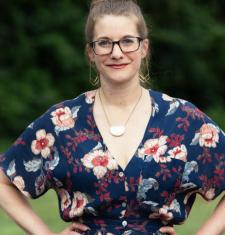

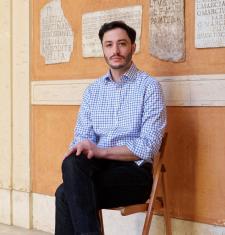
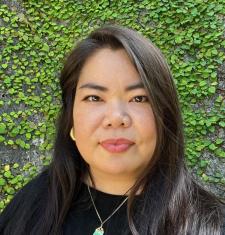
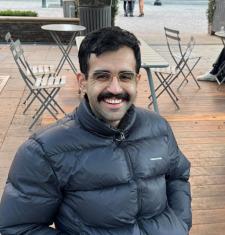


2017 - 2018 Digital Humanities Summer Fellow

Sasha Su-Ling Welland (she/her/hers)
Monumental Ephemeral: Gender and Globalization in Chinese Contemporary Art
This ethnographic, feminist, visual culture project examines the social role of visual art and competing ideas of aesthetic, cultural, and market value in reform-era China. Its focus on gender produces a non-normative history of Chinese contemporary art and cultivates a differential consciousness about the shifting role of art—as ideological, institutional, and imaginative—within various configurations of power. An interactive website serves as a digital companion to a forthcoming book, providing readers with expanded multimedia research materials, including narrated slide shows with Chinese and English audio; high-resolution image galleries; documentary videos; and a searchable database of images with robust bilingual metadata.